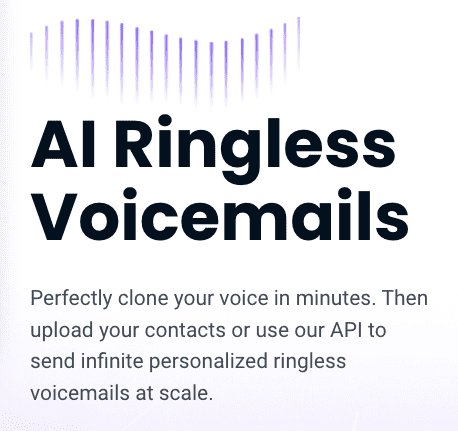Overview
Zoo AI is a pioneering text-to-image platform crafted by Replicate, created to convert textual descriptions into vivid visuals through the capabilities of artificial intelligence. Being an open-source initiative, Zoo AI welcomes developers and creative individuals to delve into the potential of AI-fueled image creation. Users can commence crafting effortlessly by acquiring a Replicate API token, which integrates effortlessly with the application.
Available on GitHub, Zoo AI is constructed on a strong foundation that incorporates Vercel for frontend implementation, a PostgreSQL database for data management, and Supabase for proficient file storage solutions. This integration of technologies offers a seamless and scalable experience for users, whether they are casually exploring or engaging in more demanding creative endeavors.
Zoo AI distinguishes itself by providing an approachable interface where anyone can input text and observe as AI systems generate corresponding imagery. This platform functions not only as a creative outlet but also as a useful tool for learning and harnessing the capacities of sophisticated machine learning models in visual content production. By granting access to its source code, Zoo AI fosters collaboration and creativity, enabling the community to contribute to and expand its features. Whether you are a coder, artist, or merely intrigued by AI, Zoo AI presents a distinctive space to experiment with the future of digital artistry.
Key features
- Text-to-image creation: Users can generate detailed visuals by simply entering descriptive text, utilizing advanced AI models from Replicate.
- Open-source contribution: Available on GitHub, Zoo supports developers in enhancing its functionalities, strengthening community interaction.
- Vercel integration: Guarantees quick deployment and optimum performance of Zoo, delivering a seamless user experience.
- Leverages PostgreSQL: Utilizes a strong PostgreSQL database for efficient and secure user input and image data management.
- Supabase storage: Employs Supabase for secure and scalable cloud storage, ensuring users’ generated visuals are managed safely.
- Accessible API interaction: Users can easily connect with Replicate’s API using tokens, facilitating a straightforward image creation process.
Pros
- Adaptable design: The Zoo platform is suitable for various devices, ensuring consistent and effective user interaction whether on desktop, tablet, or mobile.
- Instant updates: Zoo includes instant updates, allowing users to view modifications and improvements immediately, without needing a refresh or reinstallation.
- Intuitive interface: Developed with simplicity in mind, Zoo’s interface is user-friendly, enabling users of any skill level to navigate and use the platform effortlessly.
- Community support forums: Zoo provides access to community-run support forums where users can exchange ideas, resolve issues, and share project-related best practices.
- Comprehensive analytics tools: Zoo embeds analytics tools that aid users in tracking usage patterns, performance measures, and other significant data to enhance their interactions.
Cons
- Intricate setup process: Setting up the integration between Zoo, Replicate, and Vercel might be complicated and time-demanding for users unfamiliar with these platforms.
- Reliance on GitHub: Depending heavily on GitHub for collaboration may exclude contributors who opt for alternative version control systems.
- Specific hardware needs: The sophisticated AI models applied for text-to-image creation might necessitate users to have high-performance computing resources.
- Restricted API customization: Although the API connection is straightforward, it might offer limited customization for advanced users or specific purposes.
- Database scalability issues: While PostgreSQL is sturdy, managing extremely large datasets or very high traffic could require additional optimization or resources.



